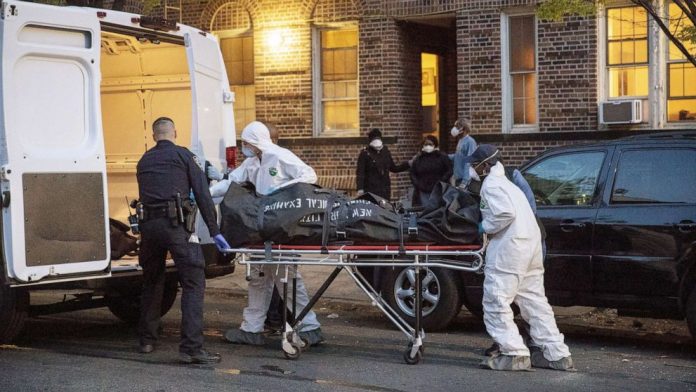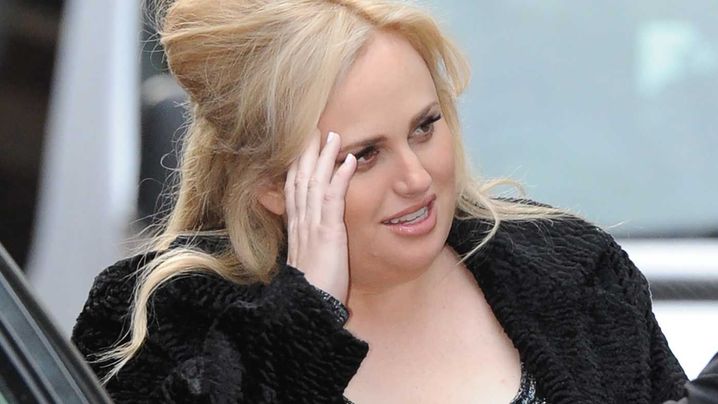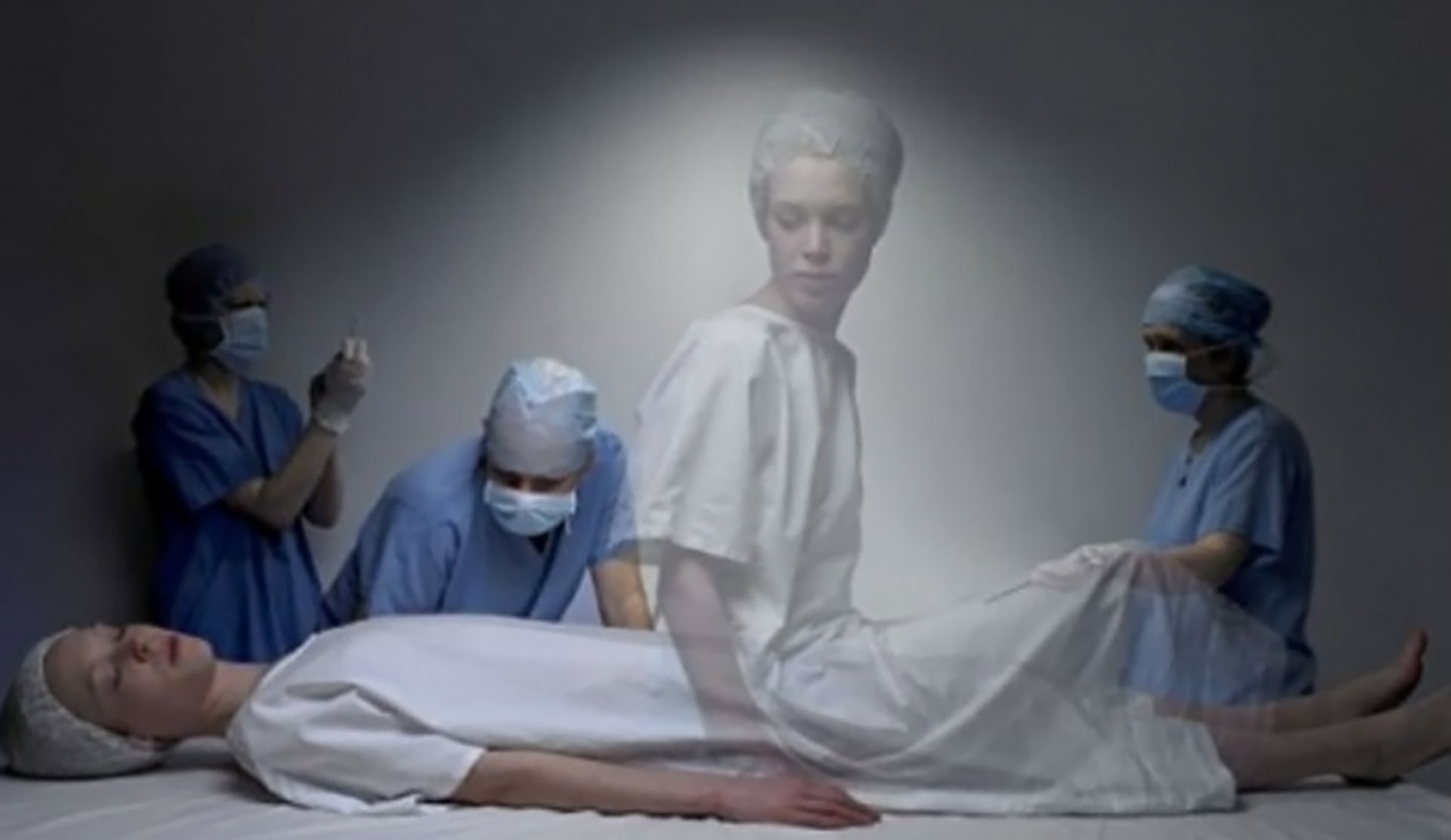In New York state, 481 people succumbed to the coronavirus on Monday, including 29 people in nursing homes, Gov. Andrew Cuomo said Tuesday.
Cuomo, who banned elective procedures when the pandemic struck, announced Tuesday that he will now allow elective outpatient treatment in counties and hospitals without significant risk of a surge in the near future.
Cuomo said testing will be the focus of his conversation with President Donald Trump later on Tuesday at the White House. Cuomo said there isn’t enough material for the test kits and he needs federal help.
New York City — the U.S. epicenter of the pandemic — is “seeing definite progress” overall, Mayor Bill de Blasio said Tuesday.
On Sunday, 204 people were admitted to hospitals for suspected COVID-19 — down from 212 on Saturday.
Additionally, 857 patients were in intensive care units on Sunday, only slightly up from 853 patients on Saturday.
Thirty-five percent of the people tested citywide were positive Sunday. On Saturday, 34% of those tested were positive.
“Let’s keep with it,” de Blasio said. “It’ll take some time, but we can do it.”
De Blasio announced Tuesday that New York City is starting its own strategic reserve program to hold vital medical equipment and supplies for any future wave of the pandemic, without having to rely on the federal government. The reserve will include face shields, surgical gowns, test kits and bridge ventilators.
Once the social distancing restrictions have been lifted, the city will throw the “biggest and best” parade to honor and thank the “heroes” of the pandemic and mark “the beginning of our renaissance,” the mayor said.
On Monday, de Blasio announced all parades and other nonessential permitted events for June were canceled. Among the annual June events in New York is the LGBTQ Pride March, which would have been celebrating its the 50th anniversary this year.
No decision has been made on 4th of July celebrations in New York City.













